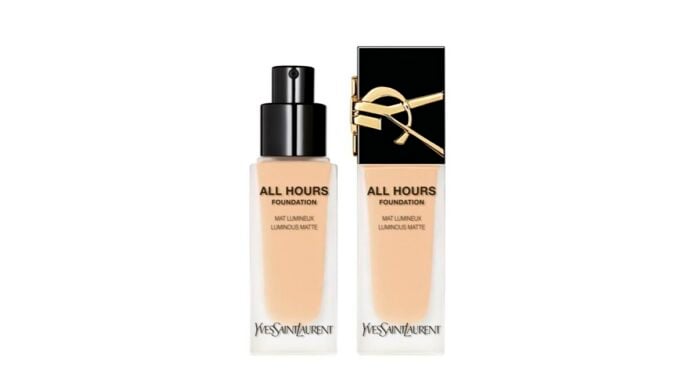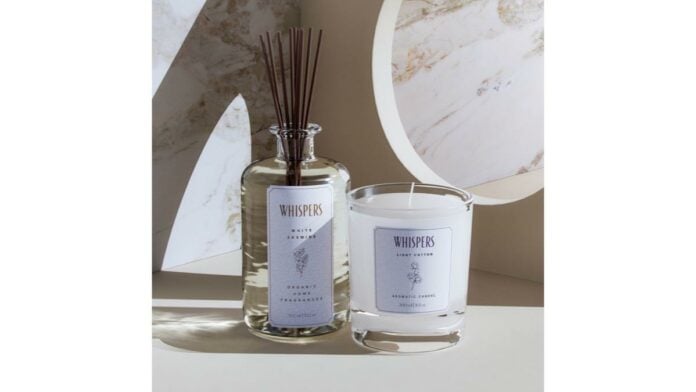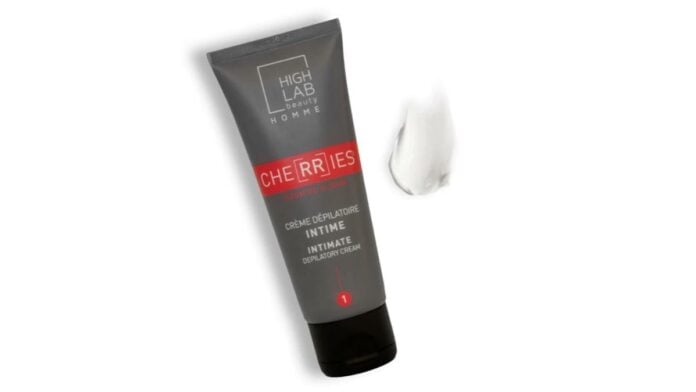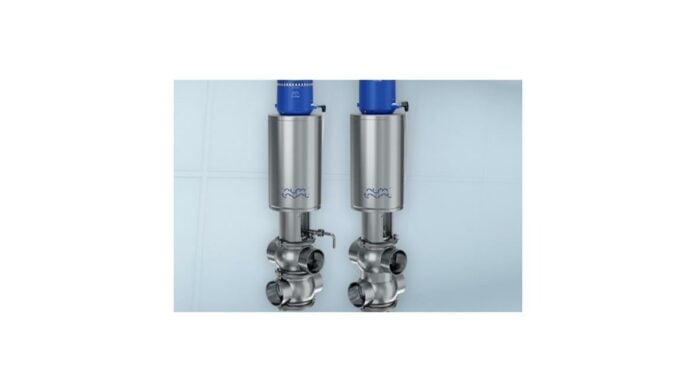As part of the Go4Cosmetics European inter-regional partnership, the Centre-Val de Loire and Lombardy regions organized a conference to discuss the future of the European cosmetics industry, with the support of Cosmetic Valley, the French competitiveness cluster, and REI - Reindustria Innovazione, the development agency and coordinator of the Lombardy Cosmetics System.
The event was hosted by the European Committee of the Regions in Brussels on Monday July 3, in the presence of European institutions and players from the cosmetics industry.
Today, the industry wishes to draw the attention of European institutions to its challenges and the need to be considered as a priority industry. Indeed, while certain sectors of the cosmetics industry value chain are recognized as key industries by the EU, the cosmetics industry as a whole is not yet one of the 14 European priority industrial ecosystems. European programs do not target the cosmetics industry as an application sector, which considerably limits access to funding. This lack of recognition has a direct impact on both academic and industrial players.
The industry needs the EU's support to achieve the objectives of the European Green Pact and successfully pursue its ecological and digital transitions.
On July 3, the cosmetics ecosystems of Europe's regions came together to present their joint research and innovation strategy to accelerate transitions and remain competitive in the face of increased international competition.
A rich program
The conference brought together experts from across the cosmetics ecosystem to share knowledge, strategies and testimonials. The program was moderated by Christopher Burns, co-director of Burnstorm Communication.
The event kicked off with opening remarks from François Bonneau, President of the Centre-Val de Loire region, and representatives of the Lombardy region. Marc Antoine Jamet, President of Cosmetic Valley, shed further light on the industry's current challenges.
The first round table, entitled "Strategies for success", focused on implementing ecological and digital transitions in the cosmetics industry. Speakers included representatives from the European Commission (EC) and the European Parliament (EP), regulatory experts, industry representatives from Lombardy Cosmetic System and a well-known French ETI.
The second panel addressed the subject of international competition in the cosmetics industry. The panel will include prominent speakers from the Parliament and the Commission, Cosmetica Italia, representatives of the Beauty Cluster, as well as industry representatives from Lombardy Cosmetic System and a well-known French cosmetics company.
At the third round table, "Meeting the challenges of the cosmetics industry", participants explored how research, innovation and skills can help overcome industry challenges and seize new opportunities. Key representatives from the European Commission, academia and industry will share their perspectives and success stories, followed by a Q&A session.
The conference concluded with closing remarks and political conclusions from Anne Besnier, Vice-President of Research and Higher Education for the CentreVal de Loire region and member of the Comité des Régions, and Christophe Masson, Managing Director of Cosmetic Valley.
This conference was a rich moment of exchange between industry professionals, political decision-makers and stakeholders to foster collaboration towards a sustainable and resolutely digital cosmetics industry.
A flagship industry
The event was an opportunity to highlight the considerable value of the European cosmetics industry, which in 2021 is estimated to be worth 80 billion euros at retail price, and represents the world's largest market for cosmetic products. It is estimated that the cosmetics and personal care products industry contributes 29 billion euros of added value to the European economy every year: 11 billion euros from cosmetics manufacturing and 18 billion euros indirectly through the supply chain.
Including direct, indirect and induced economic activity, the industry supports over 2 million jobs. In 2021, over 255,111 people were employed directly and a further 1.71 million indirectly in the cosmetics value chain.
What's more, by attracting investment from outside the EU, developing intangible assets such as brands and investing in research and development, the cosmetics and personal care products industry is helping to strengthen the competitiveness of the European economy and foster its future prosperity.
The vast majority of Europe's 500 million consumers use cosmetics and personal care products every day to protect their health, enhance their well-being and boost their self-esteem. From deodorants and perfumes to make-up, shampoos, soaps, sunscreens and toothpastes, cosmetics play an essential role at every stage of our lives, providing important functional and emotional services.
About Go4Cosmetics: To enable the European ecosystem to consolidate its position as world leader in this highly competitive market, the Conseil Régional de Centre-Val de Loire, the DEV'UP regional economic development agency, the Cosmetic Valley competitiveness cluster, the Lombardy Region, the economic development agency Reindustria Innovazione (REI) and Lombardy's cosmetics ecosystem have joined forces to create a European thematic partnership "Go4Cosmetics" as part of the Intelligent Specialization Platform for Industrial Modernization, promoted by the European Commission and approved in June 2021.
Eight other European regions have joined the initiative: Catalonia in Spain, Centre in Portugal, Nord-Ouest in Romania, Olomouc in the Czech Republic, Sardinia in Italy, Normandy in France, Nouvelle-Aquitaine in France and Lubelskie in Poland. The aim is to strengthen inter-regional collaboration to connect the different regional ecosystems, enabling the exchange of experience and know-how, with the common objective of designing, planning and supporting the development of investment projects actively involving industry players and researchers, while taking into account the latest scientific research findings. A key aspect of the Go4Cosmetics partnership is that it encompasses the entire European chain, from suppliers to R&D to consumers, in order to foster new alliances for investment, innovation and experience sharing. The partnership also serves as a vehicle for representing the interests of the cosmetics industry to European institutions and highlighting policies linked to digital and ecological transformations.















